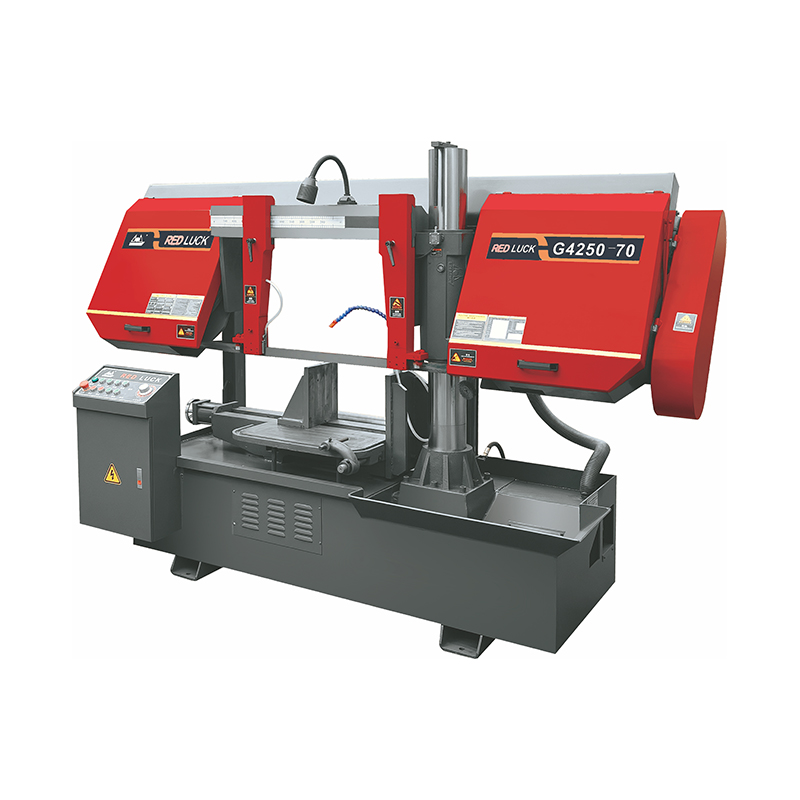Why Vertical CNC Machines Are Ideal for Precision Cavity Machining?
In modern manufacturing, cavity machining plays a vital role in producing complex shapes and internal features in molds, dies, and other precision components. As industries like aerospace, automotive, and medical devices demand ever tighter tolerances and more intricate designs, manufacturers are turning to advanced equipment for reliable results. Among these machines, the vertical CNC machine has emerged as a top choice for precision cavity machining due to its accuracy, stability, and compatibility with detailed toolpaths.
One of the primary reasons the vertical CNC machine is favored for this type of work is its outstanding visibility and access. With the spindle oriented vertically, operators have better access to the workpiece, allowing for easier setup, inspection, and adjustments. This open structure also allows complex cavity features to be machined from above with precision tools. Compared to other machine types, the vertical CNC machine offers an intuitive interface for cavity work, which is especially valuable in prototype development and custom machining.

Another major advantage is stability, particularly when working with heavy or dense materials. This is where the double column band saw and industrial saw machine come into play, even though they are not used for machining cavities themselves. These two machines are commonly used in the preparation stage—cutting large metal stock or blocks into manageable sizes for the vertical CNC machine to process. A double column band saw ensures that cuts are straight and square, providing a clean foundation for further machining. This enhances overall precision, as any errors in the raw material will affect the quality of cavity machining.
The vertical CNC machine also excels in multi-axis control, allowing it to follow intricate paths required for forming deep or complex cavities. Paired with high-speed spindles and advanced software, these machines can perform delicate finishing passes that would be impossible on traditional manual machines. This makes them an essential part of modern precision machining lines, often found in facilities where a double column band saw and industrial saw machine are already in operation to support a full workflow.
In high-volume production settings, consistency is key. A vertical CNC machine ensures repeatability from part to the thousandth. By using precise tool positioning and automatic calibration, operators can be confident that every cavity will match the CAD model exactly. This level of precision cannot be achieved through manual machining, especially when deep cavities with tight radii are involved.
When setting up a production line, it's common to find a double column band saw used first to prepare the metal block, followed by an industrial saw machine for additional shaping or sectioning, before the prepared material reaches the vertical CNC machine. Each machine has its role in contributing to the accuracy and efficiency of the final product. The industrial saw machine often serves as a versatile cutting solution for both soft and hard metals, and its reliability complements the high-precision tasks that follow.
Another reason for choosing a vertical CNC machine in cavity machining is tool compatibility. These machines support a wide range of tooling systems, from high-speed steel (HSS) to carbide inserts, enabling them to cut everything from aluminum to hardened tool steel. This flexibility is important because cavity machining often involves multiple tool changes, each designed for specific features or surface finishes. Having a machine that accommodates this variety with minimal setup change is a huge advantage.
Moreover, vertical CNC machines tend to be more space-efficient than some horizontal models, making them ideal for shops where floor space is limited but high-performance machining is essential. While a double column band saw might take up a significant footprint due to its heavy-duty frame, the compact structure of many vertical CNC machines allows for integration even in smaller workshops.
For any facility involved in precision cavity machining, the vertical CNC machine is an invaluable asset. When combined with essential support equipment like the double column band saw and industrial saw machine, manufacturers can achieve a seamless workflow from raw stock preparation to final cavity detail. The high level of accuracy, accessibility, and flexibility offered by the vertical CNC machine makes it the go-to solution for demanding applications across a range of industries.

 English
English 中文简体
中文简体 русский
русский

